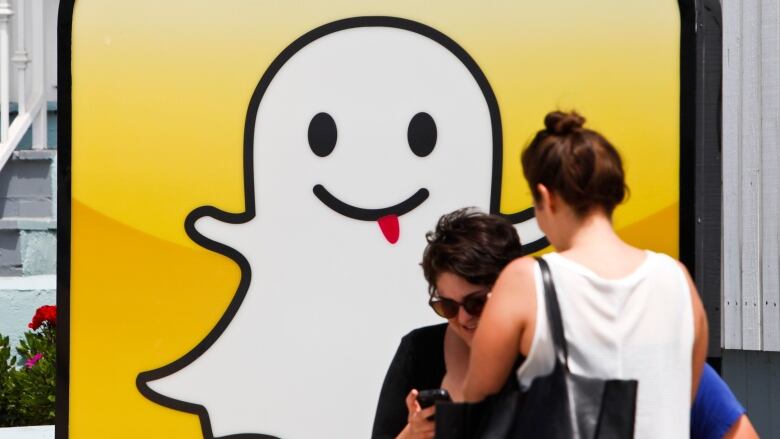Snapchat adds real chat feature
Previously, only photos and videos could be shared

Snapchat is adding a chat feature to its ephemeral messaging service.
Despite its name, the Snapchat app has never offered real-time conversation until now. Previously, users were only able to send each other photos and videos that self-destruct a few seconds after they are viewed.
The Los Angeles startup said Thursday that Snapchat users will be able to chat by swiping right on a friend's name. When users leave the chat screen, messages will be automatically deleted. In keeping with Snapchat's tradition, users can take screenshots of the chat if they want to preserve it.
Users will also be able to video chat, as they would with Skype or FaceTime.
Snapchat's expansion comes at a time when mobile messaging apps are soaring in popularity as people look beyond traditional texting to communicate and share photos and videos. Some apps also accommodate more than just texts and photos, making them all the more appealing. Tango, for instance, allows music to be shared through Spotify's streaming service. KakaoTalk lets people share voice memos and location, along with animated emoticons.
In one example of mobile messaging's increasing value, Facebook, which reportedly has tried to acquire Snapchat for $3 billion US, agreed to buy WhatsApp for $19 billion US in February. WhatsApp has half a billion users, up from 465 million in February. In comparison, Twitter had has 255 million users.
Other popular messaging apps include Facebook's own messenger, as well as Tango, which has some 200 million users and recently received a $215 million investment from China's Alibaba Group. Another one, Viber Media, sold for $900 million earlier this year to Japan's Rakuten Inc.












_(720p).jpg)


 OFFICIAL HD MUSIC VIDEO.jpg)
.jpg)



























































































